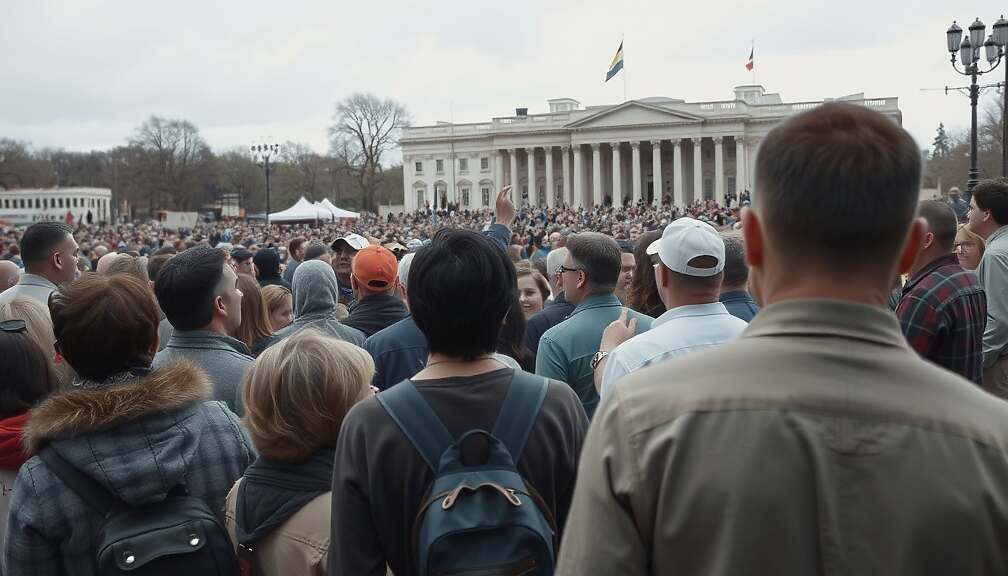Public opinion in Germany is sharply divided over whether a recount of the recent parliamentary election should be ordered following the narrow failure of the BSW (Basis Sorge SignalWende) party to secure representation in the Bundestag. A recent poll conducted by the research institute Insa and reported by the Redaktionsnetzwerk Deutschland, reveals that 36 percent of Germans support a recount, while 30 percent oppose it. A further 21 percent expressed indifference. Predictably, support for a recount is significantly higher among BSW supporters (77 percent) and also substantial among supporters of the Alternative for Germany (AfD) party, at 60 percent.
The BSW’s co-founder, Alice Wagenknecht, has publicly criticized the parliamentary election oversight committee’s prolonged inaction on the party’s formal challenge. She accused the committee of descending into “a farce” highlighting the lack of a timely decision and alleging damage to the stature of parliament and democratic processes. Wagenknecht insisted that the committee must pave the way for a recount during its next session in late November, emphasizing that the issue extends beyond the BSW’s immediate circumstances, representing a fundamental matter of public trust in the integrity of democratic institutions.
However, Berlin-based constitutional law professor Sophie Schönberger has dismissed calls for a recount, arguing that there is no justification for revisiting the election outcome. Schönberger stated that there is no evidence of systematic electoral errors and that the oversight procedure is designed to identify errors, not to pursue speculative possibilities of uncovering additional votes. She added that, to her knowledge, the BSW has not presented “substantial electoral errors” in its challenge.
While acknowledging that “minimal counting errors” are inevitable in a process handling such a high volume of ballots, Schönberger stressed that these are unavoidable due to human fallibility. She warned that a recount would undoubtedly produce a discrepancy from the official finalized result, the direction of which would be entirely unpredictable. She reiterated that recounts are not permitted based on mere suspicion.
The potential impact of a recount remains politically charged. Should a recount have resulted in the BSW gaining seats in the Bundestag, the current black-red coalition government led by Chancellor Friedrich Merz (CDU) would have lost its parliamentary majority. However, Schönberger clarified that Merz would remain in office as Chancellor and the existing parliament would remain valid, albeit with a revised composition. Constitutional law provides a robust framework ensuring stability, while any subsequent adjustments would constitute purely political considerations. The situation underscores the fragile nature of parliamentary mandates and the potential for prolonged legal and political debates regarding electoral integrity.












